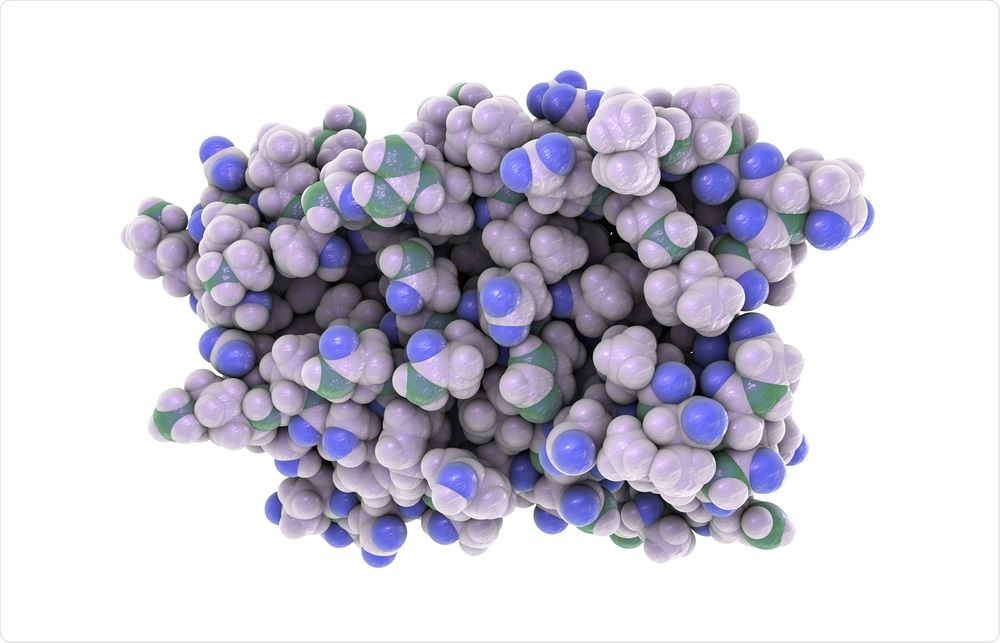Scientists have just found a solution to a major mystery that explains how human blood cells train the defense system against viruses. They hope that this discovery will one day allow them to better control the response and either boost or calm it as needed.

Image Credit: Kateryna Kon/Shutterstock.com
Andrew Bowie, Professor of Innate Immunology at Trinity College Dublin and member of the Trinity Biomedical Sciences Institute, along with Drs Lili Gu and David Casserly, were among the researchers who made the discovery. The scientists served formerly at Trinity as postdoctoral and Ph.D. researchers respectively.
The observations provide an objective for new therapies that could improve anti-viral responses in certain patients while reducing autoimmune problems in others when immune responses go tragically wrong. The findings were published in the journal Nature Communications.
Interferons and MNDA—A major piece of the puzzle
“Interferons” are the main proteins that alert the immune system when viruses, germs, or cancer cells enter the human body. When the innate immune system detects the presence of a virus, type I interferons are produced. In such cases, interferons initiate a complex chain of events in which other cells are activated to “interfere with” and fight the bacteria and viruses.
Scientists do not completely understand how certain connections in that string of processes are controlled, making it more difficult to suppress or stimulate an immune reaction with medical approaches, but this new study has provided important new insights into the development.
Another protein, myeloid cell nuclear differentiation antigen (MNDA), is required for Type I interferon production from human blood cells to respond to viruses, according to the researchers. Their findings show that MNDA regulates IRF7, a transcription factor that is responsible for Type I interferon production.
We have been interested in better understanding how Type I interferons are produced from blood cells because they are required to fight viruses, and because too much of them—when the production process runs out of control, for example—contributes to nasty autoimmune diseases such as interferonopathies.”
Andrew Bowie, Professor, Innate Immunology, Trinity College Dublin
Professor Bowie also added, “There is a family of proteins called PYHIN proteins which we have been working on for some time, as they are implicated in regulating innate immunity. To our surprise, one such PYHIN protein, called MNDA, turned out to be a big missing piece in the puzzle in understanding how type I interferon production is sustained, which makes this discovery all the more exciting.”
If we can learn how to manipulate MNDA’s activity it could be really beneficial—on one hand to boost an interferon response during a viral infection, for example upon COVID-19 infection, or on the other hand to supress interferon production and treat an autoimmune disorder.”
Andrew Bowie, Professor, Innate Immunology, Trinity College Dublin
The researchers are now analyzing how MNDA contributes to inherent immune responses towards COVID-19.
Source:
Journal reference:
Gu, L., et al. (2022) Myeloid cell nuclear differentiation antigen controls the pathogen-stimulated type I interferon cascade in human monocytes by transcriptional regulation of IRF7. Nature Communications. doi.org/10.1038/s41467-021-27701-x.